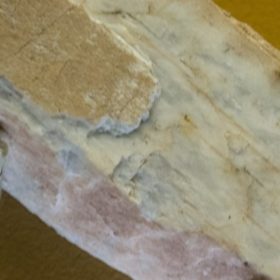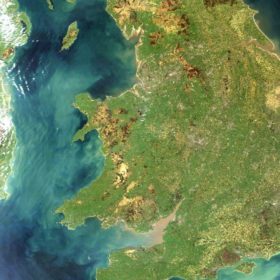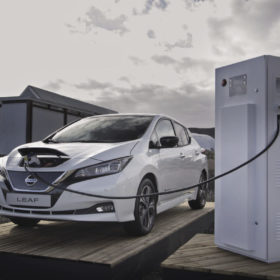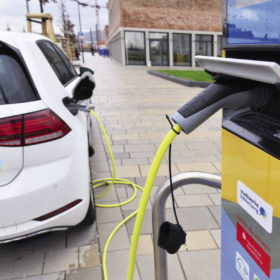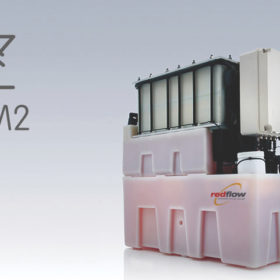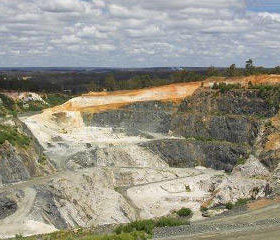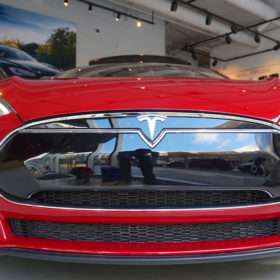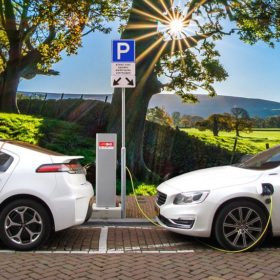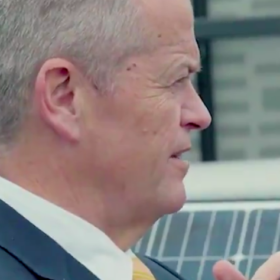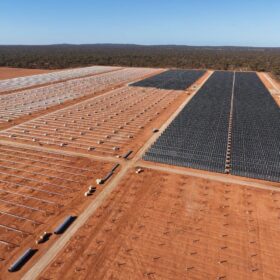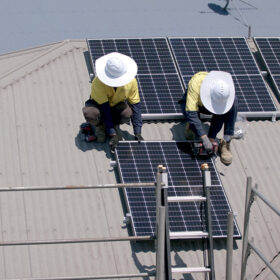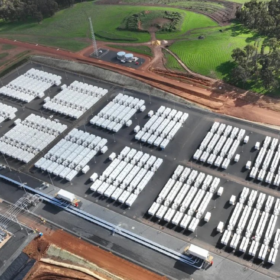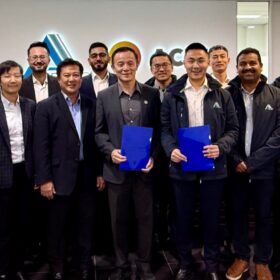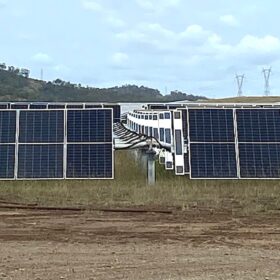India and Australia could strike first lithium deal
Mining company Neometals and Manikaran Power have started a jointly funded study into the feasibility of establishing India’s first lithium refinery, which would process ore from the Mount Marion mine in Western Australia.
U.K. government announces 2050 carbon neutrality ambition
Leaving with a last hurrah, Brexit casualty prime minister Theresa May has announced a statutory instrument to amend the Climate Change Act of 2008. The law currently prescribes an emissions cut of 80% by 2050, from a 1990 baseline. The new law will aim for net zero emissions by 2050, making the U.K. the first G7 nation to pass such legislation.
Global electric car fleet may reach 250 million by 2030
The International Energy Agency says more than 2 million electric vehicles hit the road last year, to take the total to more than 5 million. The agency has stressed the importance of public policy, charging infrastructure and a fall in costs for continued EV uptake, and says up to 43 million EVs could be sold in 2030.
Electric vehicles help slash payback periods for residential PV
The Institute for Energy Economics and Financial Analysis has estimated the effect on the payback period of PV systems when adding EVs and storage in Germany and Britain. In both cases, system owners are likely to reduce their payback period by significant margins as increased self-consumption can offset the incremental phase out of government incentives.
Redflow readies for smart grid project in China, infrastructure rollouts in Australasia
The Brisbane-based energy storage company has been contracted to supply its zinc-bromine flow battery solution for a smart grid projects sponsored by China’s National Energy Bureau. It has also secured a preferred supplier status with New Zealand-headquartered Soul Energy to provide batteries for the first of a number of expected infrastructure projects throughout Australasia.
Mining of battery resources to get funding boost, WA’s South West to become REZ under Labor
As part of its Future Mines and Jobs Plan, Labor has pledged to revive the Exploring for the Future funding and invest $75 million in developing the future mining of resources such as lithium. If elected in the upcoming federal election, the party will also make the south-west of Western Australia a renewable energy zone, meaning the region will be able to access funding through the party’s planned $5 billion Energy Security and Modernisation Fund.
Tesla’s solar business shrinks as Musk focuses on Model 3
The EV, energy storage and solar company deployed only 47 MW of solar during Q1, as Tesla moves away from traditional sales methods towards web-based sales for its products.
Australians across all parties support national EV policy, expect to purchase electric cars, polls shows
Coming hot on the heels of major reports and a heated public debate about electric vehicles, a poll commissioned by the Climate Council confirms Australians believe electric cars are the future. Another poll, by The Australia Institute, has 50% of Australian voters supporting all car sales being electric by 2025.
Inverter suppliers go digital
More than 11 million PV inverters will be shipped in 2019 alone, and most of these will be connected to a software platform and controlled by the inverter companies. This creates an opportunity for suppliers to create new models and revenue sources, writes Cormac Gilligan, research and analysis manager at IHS Markit. And indeed, in recent years inverter suppliers have been rapidly developing ‘Internet of things’ software platforms to take advantage of this.
Labor unveils climate policy package with 50% EV target by 2030
A new major aspect of Labor’s climate policy announcement on Monday was a national electric vehicle (EV) target with half of the cars on the Australian roads to be electric by 2030, and fuel emissions standards for all vehicles.
